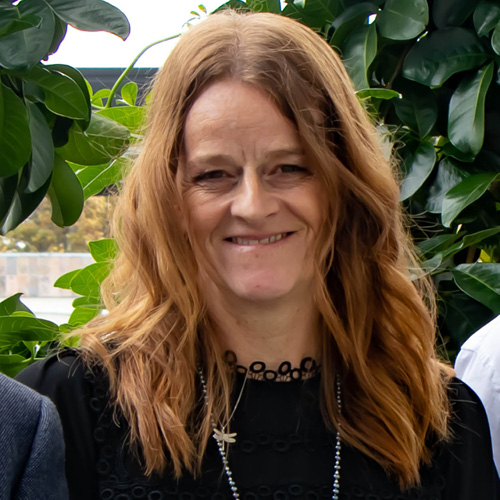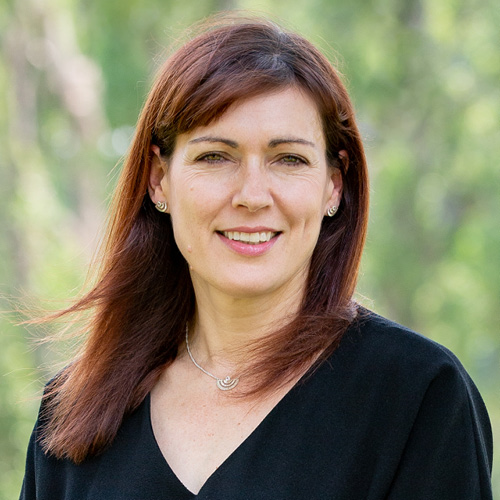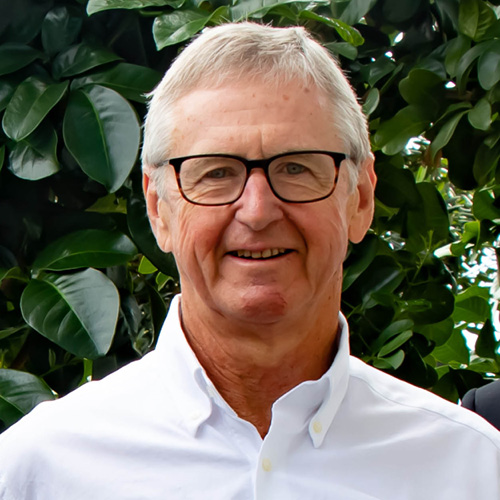-
For Home
For Home
Categories
- For Builders
- For Business
- About Us
- Contact and Support
- Our Sustainability
In 2023, WM New Zealand advanced its Porohita sustainability strategy, aligning it closely with core business goals across five strategic pillars. Insights from the For Future Generations strategy informed this holistic approach, supported by guidance from the Sustainability Advisory Panel.
The Panel emphasised continuing fleet decarbonisation, circular economy initiatives, and demonstrating strong ESG credentials. Looking ahead, the focus will be on maintaining agility, anticipating challenges, and incorporating diverse perspectives to ensure impactful progress in a complex, evolving landscape.

Lisa Martin is the Managing Director of her own consultancy, specialising in business strategy, risk, and sustainability, and the executive General Manager of Sustainability and Farming Systems at Pāmu Farms (Landcorp) with responsibility for providing leadership and advocacy for sustainability and best practice farming systems. Through this role, she is responsible for informing and driving change to advance Pāmu’s strategies, tactics and performance to achieve sustainable business outcomes across operations, animal health, welfare and nutrition, agronomy, environment, data, geospatial, and quality specialist areas.
Lisa is a visionary and strategic leader, with strong technical skills, passion, and drive to achieve exceptional outcomes. She is a highly motivated, capable and solutions-focused professional, with a track record of success in leading, designing, and delivering best-practice sustainability programmes.

Becky Lloyd is a sustainability and climate action expert, with extensive experience both overseas and in New Zealand. Most recently spending three years as CEO of Toitū, where she built deep expertise and a strong reputation in climate action. Her experience also encompasses senior roles at Vodafone and Fletcher Building.
Becky presented to the panel on her recent attendance at the COP28 UN Climate Change Conference in Dubai and one of her current roles as the chair of the Sustainability Reporting Board for XRB (which is responsible for developing standards for climate-related disclosures). She is equipped with carbon measurement knowledge and is driven to build climate competence.

Tom retired from his role as Managing Director at Waste Management at the end of 2020 and at that transition was invited to join the Sustainability External Advisory Panel where he has been able to continue to apply his industry background knowledge and keen interest in sustainability.
During his time as the Managing Director Tom was one of the leading sustainability leaders within New Zealand, from driving the development and launch of electric trucks into Waste Management, to signing the company up to the Climate Leaders Coalition as one of the original 60 initial members in 2018. With engineering and business management qualifications his career has spanned manufacturing, processing, transport, energy, waste, and environmental services, and overarching all these roles has been an unwavering commitment to safety.

Peter is an accomplished engineering and decarbonisation professional with extensive local and international experience. He is currently the decarbonisation lead at Ritchies Transport, where he is spearheading the transition to electric buses and a future energy ecosystem, focusing on sustainable and commercially viable solutions. His diverse background includes a senior sustainability role at Aurecon, co-founding a decarbonisation company in Canada, working with organisations on circular economy strategies and holding senior positions on complex infrastructure projects in Canada, South America, and New Zealand.
He is passionate about solving decarbonisation problems and enjoys investigating potential future scenarios to drive better outcomes. He focuses strongly on the integration of future scenarios, technology, infrastructure, operations, human behaviour, and economics for optimal life-cycle outcomes.